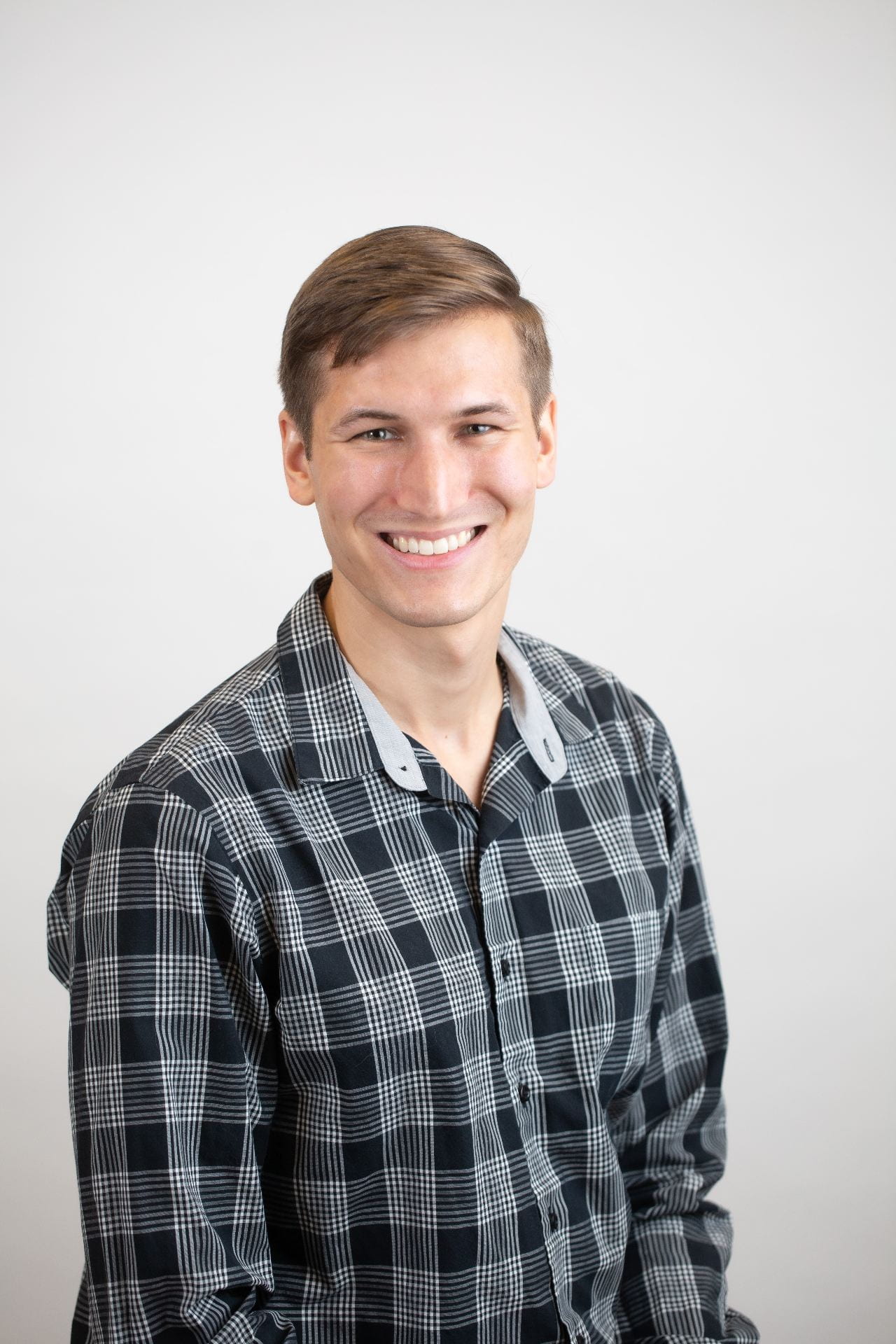
Speaker: Dr. Jacob I. Monroe, Ralph E. Martin Department of Chemical Engineering, University of Arkansas, Fayetteville, AR
Date: Wednesday, February 7, 2024, 4:15 – 5:15 PM
Location: Science Engineering Hall (SCEN 403)
Title: Learning Monte Carlo Move Sets and Molecular Distributions in a Variational Autoencoding Framework
Abstract: Multiscale modeling requires the linking of models at different levels of detail with the goal of gaining accelerations from lower fidelity models while recovering fine details from higher resolution models. Ideally, tight communication and seamless switching between models at different resolutions is possible. This is particularly important in molecular simulations of soft matter, where there is a tight coupling between molecular-level details and mesoscale structures. Typically, coarse-grained (i.e., lower resolution) models are necessary to capture the time and length-scales of self-assembly and extensive conformational change, but atomistic resolution is required for computing quantitatively accurate predictions of properties of interest. We show that representing the coarse-graining and back-mapping problem within a variational autoencoding framework provides a tractable problem for learning probabilistic models of molecular degrees of freedom. These models can be leveraged as Monte Carlo (MC) move sets that accelerate sampling by moving through a coarse-grained space yet rigorously satisfy detailed balance and preserve the atomistic ensemble. Through a number of toy and model systems, we demonstrate the accelerations possible through these VAE-based MC moves. In the context of proteins, we present decoding models based on conditional normalizing flows that can recover atomistic details from coarse-grained representations of protein sidechains. Crucially, the models are transferable to any protein sequence, account for the local environment of a sidechain, and provide exact log-probabilities for autoregressively generated atomistic configurations.
Short Bio:Jacob received a B.S. in chemical engineering from the University of Virginia before proceeding to a Ph.D. at the University of California, Santa Barbara, where he used molecular simulations to explore ways in which surface chemical heterogeneity can be exploited to control interfacial water properties and water-mediated interactions. In an NRC postdoctoral fellowship at NIST in Gaithersburg, MD, he identified ways to incorporate modern machine learning tools into molecular simulation workflows. Jacob joined the University of Arkansas as an assistant professor in January of 2023. The Monroe Research Group develops machine learning methods firmly grounded in statistical mechanics to enable rapid yet rigorous calculations of thermodynamic properties of biomolecules and biomaterials. The group synthesizes expertise in molecular dynamics and Monte Carlo simulation techniques with state-of-the-art artificial intelligence to perform multiscale simulations of biomolecular self-assembly and adsorption. Our research is broadly applicable to a range of areas, from protein purifications to the design of stimuli-responsive materials.
Recent Comments